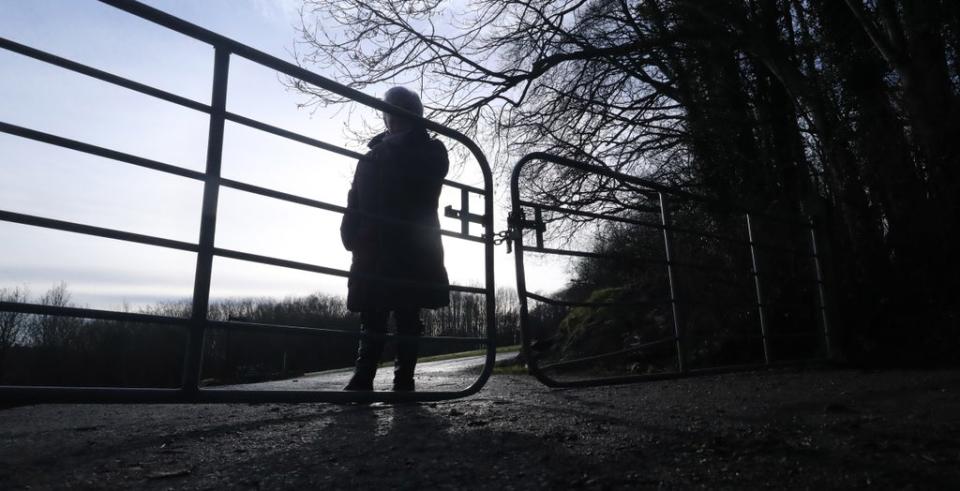Private children’s care home operators accused of profiting from ‘failing system’

Private children’s home providers could be earning greater profits than would be expected in a well-functioning market, an interim investigation into the UK’s social care sector has warned.
The probe by the competitions regulator found a shortage of appropriate residential places for looked-after children with local authorities paying an average of £3830 per child, per week — equivalent to £200,000 a year.
It analysed the accounts from the 15 largest of the 75 private companies who between them provide more than three-quarters of placements in England. The data suggests they operate with average profit margins of 23%.
The report said: "If this market were functioning well, we would not expect to see under-supply and elevated prices and profits persisting over time.
"Instead, we would expect existing and new providers to create more places to meet the demand from local authorities, which would then drive down prices and profits.
"The fact that this does not appear to be happening suggests that there must be factors that are acting to deter new provision."
The watchdog also raises a red flag over “high and increasing” levels of debt carried by private equity-owned firms in the sector, which could leave businesses exposed to rising interest rates.
Andrea Coscelli, chief executive of the CMA, said: “We are concerned this is a failing system, with children not being placed in the right homes while providers are being allowed to charge high prices and make big profits.”
The report says there are around 100,000 children in local authority care in England, Scotland and Wales. That number is expected to rise by 30% in the next five years.
Most are in foster care but in England, 13% live in children’s homes or residential schools.
Many are among the most vulnerable people in society having experienced abuse or neglect.
The current annual cost for children's services in England is around £4.5 billion. In Scotland it is £650 million and Wales spends £320 million.
Anntoinette Bramble, chair of the Local Government Association’s children and young people board, said: “This report reflects the concerns we have been raising for some years.
"While we believe a mixed market of provision of homes for children can be positive, our members are increasingly concerned about the growth and market share of the very largest providers.
“We are increasingly hearing of harrowing cases where suitable homes cannot be found for children, including those with complex needs, who desperately need help. This is unacceptable and as a country, we must do better."
The CMA will publish a final report in March, which is likely to suggest ways local authorities can work together to increase their bargaining power.
A Department for Education spokeswoman said: “Councils are responsible for ensuring sufficient places to meet the needs of children in their care, including by commissioning places from private or voluntary sector providers as required. They are also responsible for agreeing prices with providers accordingly.
“We will be investing £24 million to start a new programme to maintain capacity and expand provision in existing secure children’s homes, so that there are more high quality, safe homes for vulnerable children as well as making up to £19.5 million capital funding available for councils to develop new homes.
“The Independent Care Review will also address the sector’s major challenges as part of its wholesale review of children’s social care.”
Read More
Harry makes surprise call to veterans on walking expedition
Get the Covid vaccine now to give London a boost
Be bolder, Archbishop of Canterbury urges world leaders heading for Cop26

 Yahoo Finance
Yahoo Finance 